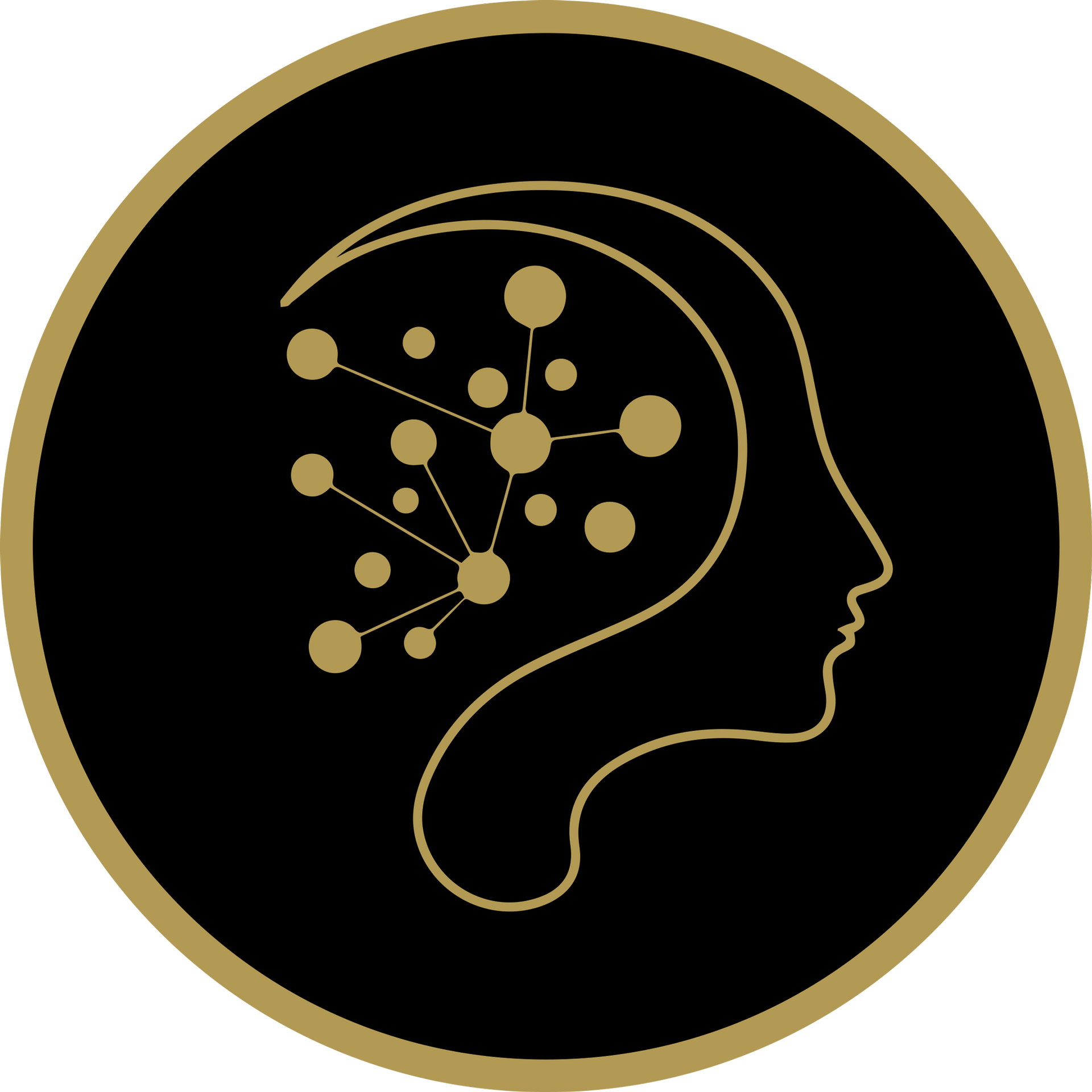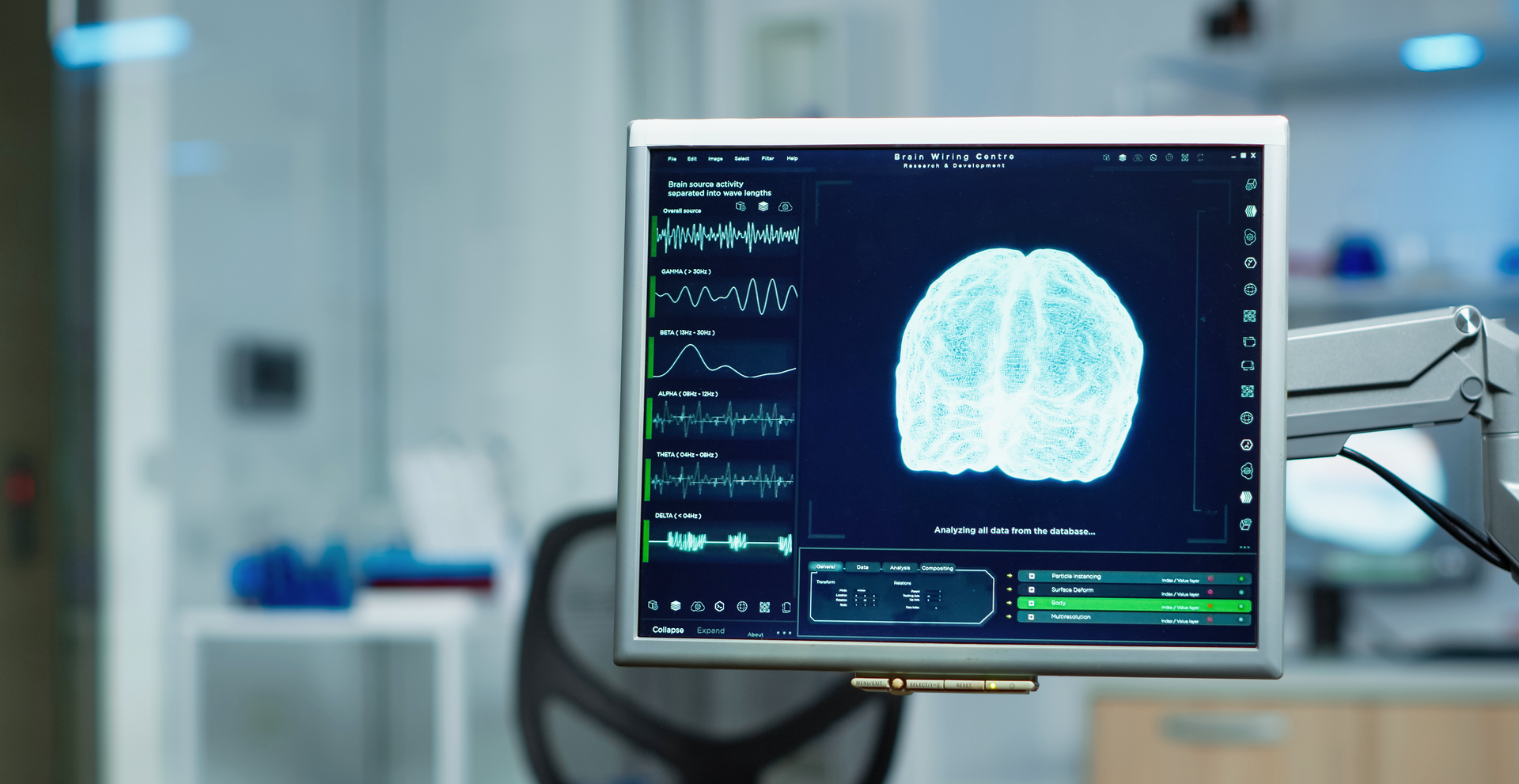Understanding Major Depressive Disorder (MDD): A Comprehensive Guide
Major Depressive Disorder (MDD), often referred to as clinical depression, is more than just feeling blue or sad—it is a serious mental health condition that affects millions of people worldwide.
With its complex blend of genetic, environmental, and psychological factors, MDD can have a profound impact on a person's daily life, relationships, and overall well-being.
In this extensive guide, we'll explore the intricacies of MDD, from its potential causes to the various symptoms and innovative treatment approaches.
What Is Major Depressive Disorder?
MDD, or Major Depressive Disorder, is characterized by persistent feelings of sadness and a general lack of interest in life, often paired with significant changes in appetite, sleep patterns, and energy levels.
It's a condition that can last for months or years and may bring about severe emotional and physical anguish. Unlike normal emotional experiences of sadness, loss, or passing mood states, MDD is persistent and can significantly interfere with an individual's ability to function.
According to NCBI, MDD is a serious mental health condition that requires professional diagnosis and treatment.
Diagnosis Dilemma
MDD is a challenging condition to diagnose. Its symptoms can often be confused with other mental health issues, such as bipolar disorder or personality disorders, leading to misdiagnosis.
The process typically involves an evaluation of the patient's symptoms, and medical history, and often necessitates ruling out other potential causes, like thyroid abnormalities or vitamin deficiencies.
The Prevalence Puzzle
The prevalence of MDD is a growing concern globally, with more individuals seeking treatment than ever before. Understanding why this disorder is increasingly common involves examining societal influences, stressors, and changes in how mental health is perceived and addressed.
Unraveling the Causes of MDD
Just as every individual is unique, so too are the potential causes of MDD. Research has pointed towards a multifaceted set of factors that contribute to the development of this disorder.
Genetic Threads
There is strong evidence that genetics play a significant role in MDD. Studies suggest that having a first-degree relative with depression can increase one's risk of developing the disorder. However, specific genes associated with MDD are still being identified and understood.
Neurobiological Roots
An imbalance in certain neurotransmitters, such as serotonin, norepinephrine, and dopamine, is widely believed to be a key factor in the onset of MDD. Neuroimaging studies have also shown differences in the brain structures and functions of those with depression, hinting at biological markers for the disorder.
Life Experiences and Environmental Triggers
Traumatic events, chronic stress, and abuse during childhood can increase the likelihood of developing MDD. The impact of the environment on genetics, a field known as epigenetics, is also being studied to understand how life experiences can influence the expression of genes related to depression.
Recognizing MDD: Symptoms and Signs
Understanding the symptoms of MDD is crucial for timely intervention and treatment. While depression can look different from one person to the next, there are key markers that healthcare professionals use to diagnose the disorder.
Emotional Toll
Feelings of worthlessness, hopelessness, and helplessness are commonly experienced by those with MDD. Persistent sadness and anhedonia, the inability to experience pleasure, are hallmarks of the disorder.
Cognitive Impairment
Depression can cause significant cognitive changes, such as the inability to concentrate or make decisions. This "cognitive fog" can be as debilitating as the emotional aspects of the disorder.
Behavioral Disturbances
Changes in sleep patterns, appetite, and personal hygiene can signify a depressive episode. Individuals may also withdraw from social contact and previously enjoyed activities.
Physical Ailments
MDD is not just a mental health disorder—it also manifests physically. Patients may experience unexplained aches and pains, as well as issues with their digestive system and libido.
Seeking a Way Out Treatment Options for MDD
The good news is that MDD is highly treatable. The challenge lies in finding the right approach for each patient, as the effectiveness of treatments can be highly individualized.
Conventional Therapies
The most commonly prescribed treatments for MDD are medication and psychotherapy. Antidepressant medications work to rebalance neurotransmitters in the brain, while various forms of therapy, such as cognitive-behavioral therapy (CBT) and interpersonal therapy, can provide patients with tools to manage their symptoms.
Groundbreaking Approaches
In addition to conventional treatments, there are several emerging therapies showing promise for MDD. Repetitive Transcranial Magnetic Stimulation (rTMS), a non-invasive procedure that uses magnetic fields to stimulate nerve cells in the brain, has been approved by the Food and Drug Administration (FDA) for treatment-resistant depression. Ketamine infusion therapy is another novel approach that has been rapidly gaining attention for its rapid antidepressant effects, particularly in cases where traditional treatments have failed.
Holistic Health: Lifestyle and Self-Care Strategies
Lifestyle modifications can play a crucial role in managing MDD. Engaging in regular physical activity, maintaining a healthy diet, getting adequate sleep, and avoiding alcohol and drugs can all contribute to a better quality of life for those with depression.
The Power of Exercise
Physical activity is as effective as antidepressant medications for some individuals with MDD. The release of endorphins and other chemicals that result from exercise can have significant mood-lifting effects.
Nutrition and Depression
Certain dietary patterns, such as those high in processed foods and low in nutrients, have been linked to an increased risk of depression. On the flip side, a diet rich in fruits, vegetables, and whole grains can provide the body with the nutrients it needs to support mental health.
Sleep and Mood
Disturbed sleep is both a symptom and a potential cause of MDD. Establishing good sleep hygiene can be a foundational aspect of managing the disorder. Techniques such as mindfulness meditation, a consistent sleep schedule, and avoiding screens before bed can help improve sleep quality.
Support Systems and Community Engagement
Building a support network is instrumental for those living with MDD. Support can come from various sources, including family, friends, support groups, and mental health professionals.
Family Dynamics
Family support and understanding play a pivotal role in the management of MDD. Open communication, education about the disorder, and involvement in the treatment process can significantly ease the burden on the individual with depression.
Peer Support Groups
Engaging with others who have experienced similar struggles provides a unique form of support. Peer groups can offer empathy, validation, and practical advice for managing the challenges of MDD.
The Role of Mental Health Professionals
Mental health practitioners, including psychiatrists, clinical psychologists, and therapists, provide invaluable expertise and guidance in the treatment of MDD. Their role extends to diagnosis, therapy, medication management, and crisis intervention.
Navigating the Road to Recovery
Recovery from MDD is often a complex and ongoing process. It requires patience, self-compassion, and a willingness to address the various aspects of one's life that contribute to the condition.
Identifying Triggers and Coping Strategies
Through therapy and introspection, individuals with MDD can identify the specific triggers that exacerbate their symptoms. Once identified, these triggers can be met with personalized coping strategies.
Resilience and Mindfulness
Building resilience and incorporating mindfulness practices can help individuals weather the storms of depression. These practices can include setting realistic goals, engaging in activities that foster resilience, and developing a regular mindfulness or meditation routine.
Medication Management and Regular Check-Ins
For those on antidepressant medications, regular check-ins with healthcare providers are vital. Dosages may need to be adjusted, and the effectiveness of the medication should be closely monitored.
In Conclusion
Major Depressive Disorder is a multifaceted challenge, but with comprehensive understanding, support, and the right treatment, it is a difficulty that can be managed. The road to recovery may be bumpy, but it is navigable, and the strides in research and innovative approaches offer hope for many.
If you're someone grappling with MDD or seeking to support a loved one, know that you are not alone and that there are always pathways to healing and living fulfilled lives despite the shadows that MDD can cast.
About Us
Having the right treatment options and support system is crucial when fighting a battle against depression. At SW Florida TMS & Ketamine, we are here to help you fight the battle against depression and other mental health issues such as anxiety, OCD, PTSD, and more.
We use traditional modern methods to treat these health problems and will derive a treatment plan best suited to your condition. You can reach us at (239) 935-5599 or fill out our contact form to learn more about our treatment options. Don’t worry you are not alone!
Cited Sources:
Bains N, Abdijadid S. Major Depressive Disorder. [Updated 2023 Apr 10]. In: StatPearls [Internet]. Treasure Island (FL): StatPearls Publishing; 2024 Jan-. Available from: https://www.ncbi.nlm.nih.gov/books/NBK559078/
Hasler, Gregor. “Pathophysiology of depression: do we have any solid evidence of interest to clinicians?.” World psychiatry : official journal of the World Psychiatric Association (WPA) vol. 9,3 (2010): 155-61. doi:10.1002/j.2051-5545.2010.tb00298.x
MENTAL HEALTH SERVICES
BOOK A CONSULTATION
Knowing that you are not alone is of utmost importance. Seek assistance for depression today!
OUR SERVICE SUPPORTS MENTAL WELLNESS
- Depression
- Lack of Joy
- Sadness and Despair
- Low Mood
- Lethargy
- Insomnia
- Oversleeping
- Social Isolation
- Self-Harm
- Substance Abuse
- Suicidal Ideation
- Alcoholism









